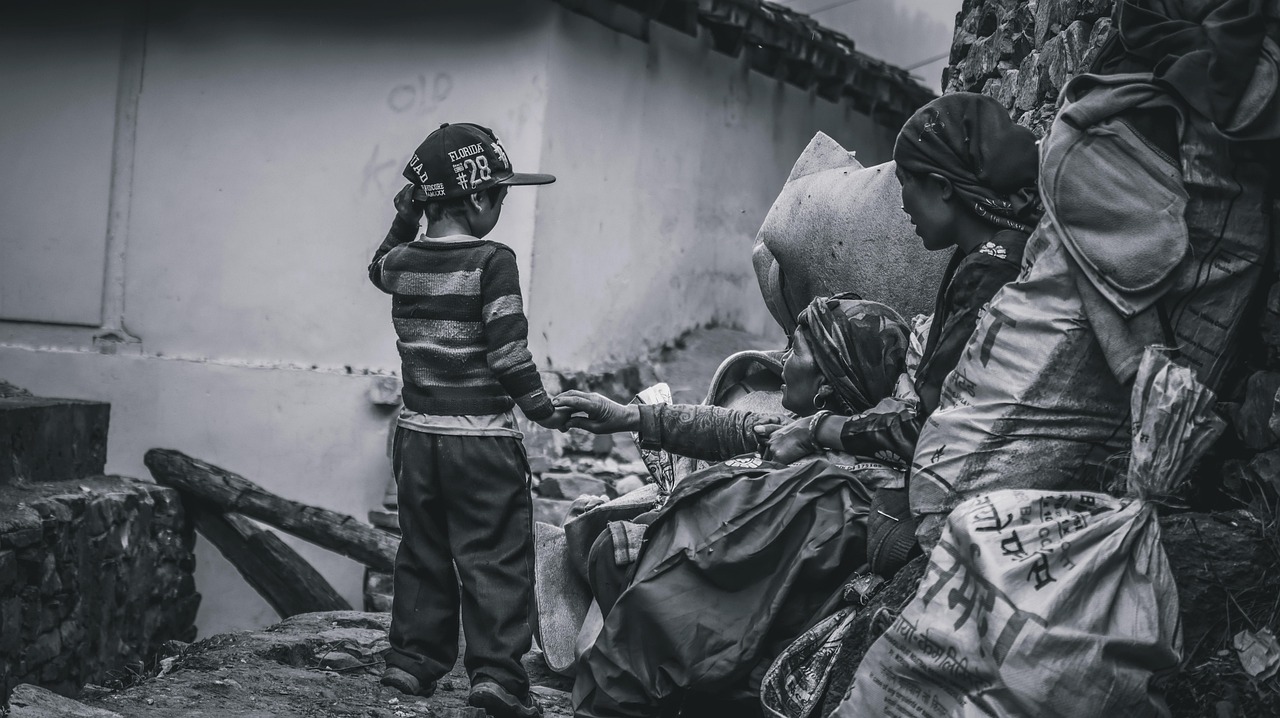Context
Bangladesh, located in South Asia, is densely populated, with approximately 179 million people, making it the world's eighth-most populous country. In recent years, Bangladesh has grappled with a significant humanitarian crisis following the large-scale displacement of Rohingya refugees from neighboring Myanmar. The crisis was triggered by attacks on Rohingya villages in Rakhine State by the Myanmar army, leading to the exodus of over 655,000 Rohingya individuals, with more than half being children. BRAC, a renowned organization known for its community-based development programs, has been actively involved in providing comprehensive services to the forcibly displaced Rohingya population in Bangladesh, mainly focusing on women, children, and vulnerable groups.
Solution
In response to the Rohingya crisis, BRAC, in collaboration with other education sector stakeholders, established Transitional Learning Centres (TLCs) to offer non-formal basic education to refugee children, addressing the lack of educational opportunities in the camps. Through initiatives like the BRAC Education Programme (BEP) in partnership with Educate A Child (EAC), 500 Learning Centres (LCs) were set up across Cox's Bazar to cater to the needs of 35,000 Rohingya Out of School Children (OOSC). To overcome language barriers, emphasis was placed on recruiting female teachers from the Rohingya community, enhancing the acceptability of the learning centers among the refugee population.
Impact
Despite facing challenges such as fires in the camps and the COVID-19 pandemic leading to school closures, BRAC implemented mitigation strategies to ensure continuity of learning and prevent student dropouts. Establishing TLCs and LCs provided a protective environment and educational opportunities for thousands of Rohingya children, with over 18,000 enrolled in TLCs and an additional 7,000 in early learning programs.












